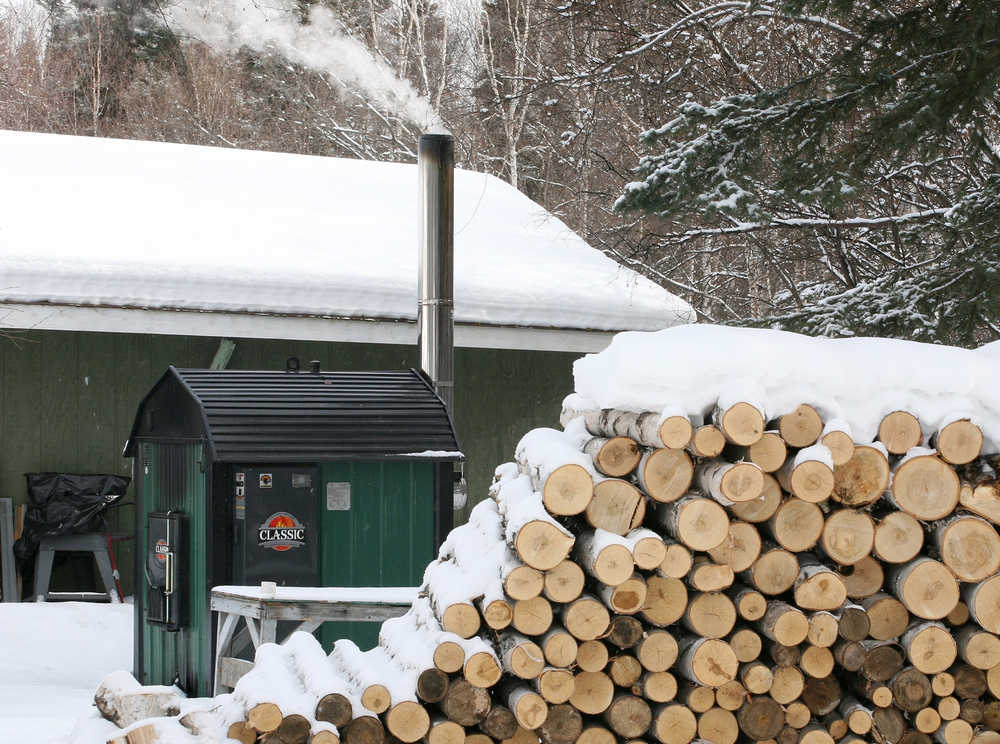ANCHORAGE — Three environmental groups announced Wednesday they intend to sue the Environmental Protection Agency for not enforcing federal air pollution law in Fairbanks.
Six years after the Fairbanks North Star Borough was designated as non-compliant because of unhealthy fine particulate, federal law requires the EPA to declare the borough a “serious non-attainment area,” according to the groups.
State environmental officials who created cleanup plans for Fairbanks air pollution, now designated as “moderate,” likely would have to consider stronger controls, said Kenta Tsuda, an attorney for Earthjustice, an environmental law firm.
“At the very least the state will have to reconsider all these control measures, and will face a higher bar if it proposes not to implement them,” he said by email.
Earthjustice is representing Fairbanks-based Citizens for Clean Air, Anchorage-based Alaska Community Action on Toxics, and the Sierra Club.
EPA spokeswoman Marianne Holsman said in an agency statement that a review of air quality results completed last week confirms that Fairbanks did not meet fine particulate standards by the end of 2015.
“The EPA is now working on proposing reclassification of the Fairbanks nonattainment area to serious,” she said.
The Fairbanks area in winter months experiences fine particulate levels that regularly exceed federal standards and spike to the highest levels in the nation. Particulate is emitted by wood stoves that heat homes and businesses. Cars and coal-fired heating systems or power plants also emit particulate.
The issue pits clean air advocates against residents who want to continue burning wood, a less expensive alternative to oil or electricity in frigid interior Alaska winters.
Particulate is a mix of solid particles and liquid droplets ranging from soot to microscopic pieces. The most dangerous particles, according to the EPA, are less than 10 micrometers, which can be inhaled deep in the lungs. A human hair is about 70 micrometers in diameter.
Fine particulate measures 2.5 micrometers or less. It’s linked to heart attacks, decreased lung function and premature death in people with heart or lung diseases.
A Fairbanks pulmonologist who advocates for a cleanup plan, Dr. Owen Hanley, said in the announcement that there are few areas in medicine where the cause of illness is so well established.
“It is inexcusable that the vulnerable must repeatedly petition their government for safe air,” he said.
The groups in June sued the EPA to force an agency decision on whether to accept a state plan to reduce unhealthy fine particulate produced by wood stoves and other sources. The groups claim the plan is flawed and should be rejected because it anticipates that most homes will transition from wood heat to natural gas in the near future.
The current plan also does not include control measures used elsewhere such as firewood dryness certification programs for firewood or taxes and other disincentives to discourage the resale of used, inefficient wood stoves, Tsuda said.
A 60-day notice is required before the agency can be sued.

